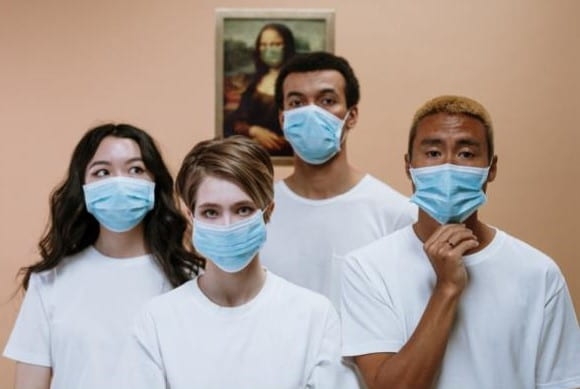Covid-19 Inequities
The COVID-19 pandemic has brought social and racial injustice and inequity to the forefront of public health. It has highlighted that health equity is still not a reality as COVID-19 has unequally affected many racial and ethnic minority groups, putting them more at risk of getting sick and dying from COVID-19
Resources
Advancing the Response to COVID-19: Sharing Promising Programs and Practices for Racial and Ethnic Minority Communities. We invite you to follow this five-part series to learn how they have continued to make positive impacts in the communities they serve during the COVID-19 pandemic. New blogs are posted each Wednesday throughout July and early August.
OMH Knowledge Center Resource Guide To COVID-19 Materials
Emory University’s COVID-19 Health Equity Interactive Dashboard
Disparities in Deaths from COVID-19
Disparities in COVID-19 Illness
Covid-19 Resources for Indian Country
National Congress of American Indian’s page for the latest Covid-19 resources and information.
Article: Older Adults and Covid 19: Social Justice, Disparities, and Social Work Practice
Webinar: Racial Disparities in COVID-19: Implications for policy, practice, research and teaching
Article: Ethics and Racial Equity in Social Welfare Policy: Social Work’s Response to the COVID-19 Pandemic
The COVID-19 pandemic has been particularly overwhelming for communities of color in the United States. In addition to the higher levels of underlying health conditions, circumstances related to a history of oppression and unequal access to opportunities and services are apparent. Social service programs will need to be re-developed to accommodate a new reality, both in terms of how people connect with services and how social work professionals provide them. Professional social work organizations’ codes of ethics are analyzed, along with the theoretical framework of structural competency. It is an ethical imperative that social welfare policy and practice advance as culturally competent, racial equity, and empowerment-based programs.
Article: Hospitals Address Patients’ Social Needs to Help Reduce Health Inequity During the COVID-19 Pandemic
Article: Widening Social and Health Inequalities During the COVID-19 Pandemic
By Leighton Ku, PhD, MPH; Erin Brantley, PhD, MPH
COVID–19 HEALTH DISPARITIES ACTION ACT OF 2020
This bill directs the Centers for Disease Control and Prevention (CDC) to award grants, and the Office of Minority Health (OMH) to develop a plan, to address health disparities related to COVID-19 (i.e., coronavirus disease 2019).
Specifically, the CDC, in coordination with certain departments and agencies, must award grants for contact tracing to, among others, public health departments and health care providers. In awarding these grants, the CDC shall prioritize entities with a demonstrated commitment to employing individuals who represent the demographic groups in the community served by the entity.
Book Recommendation: Inflamed – Deep Medicine and the Anatomy of Injustice
|

